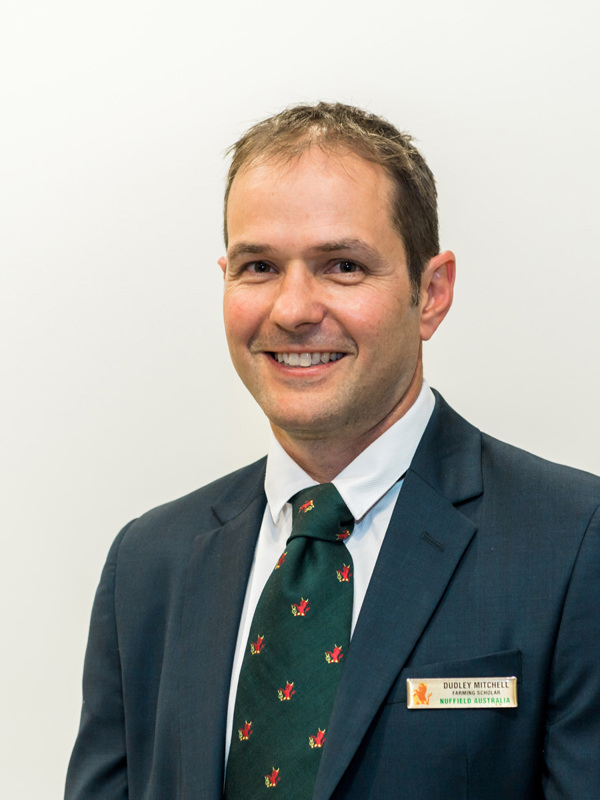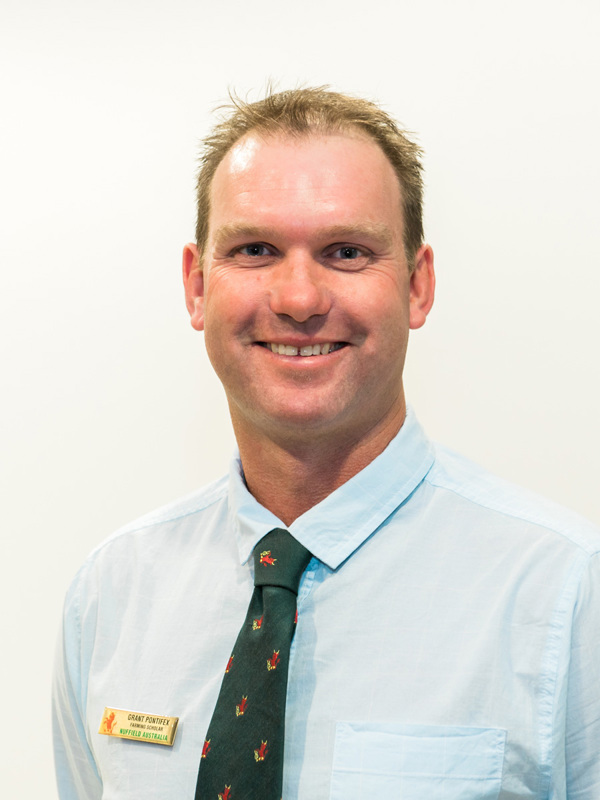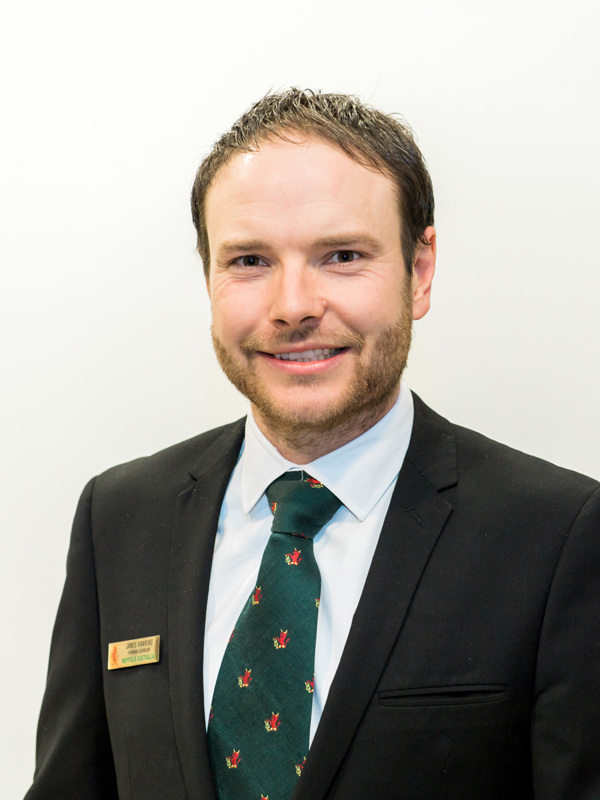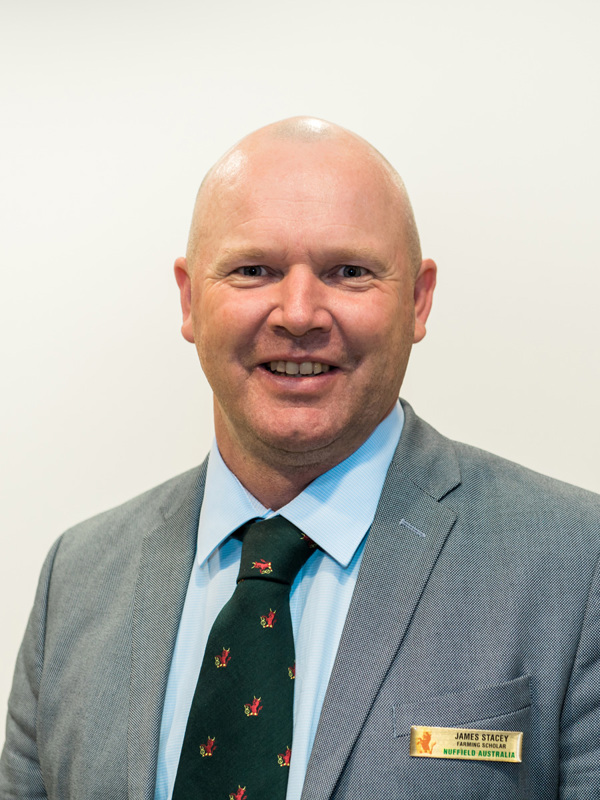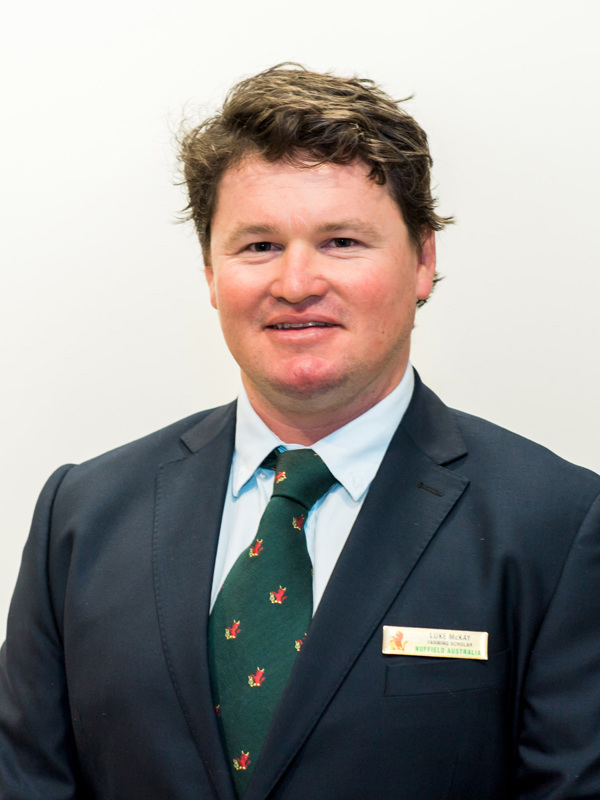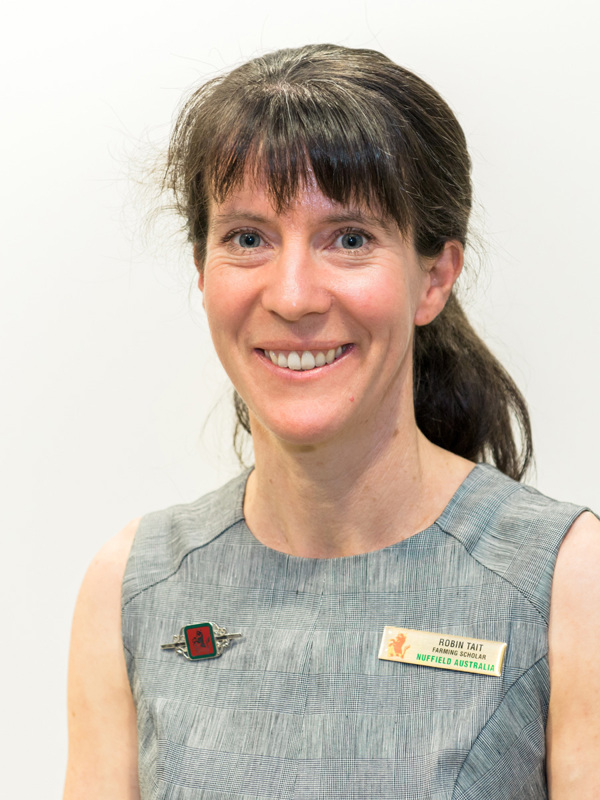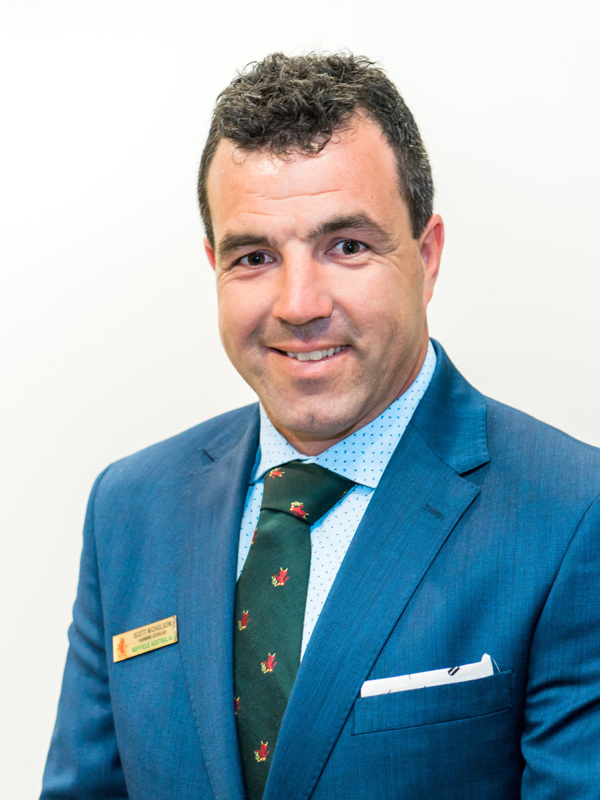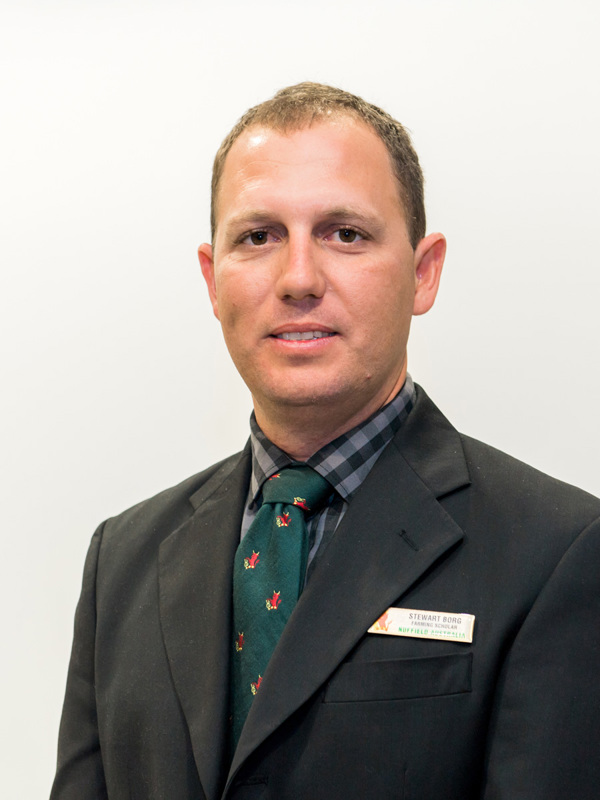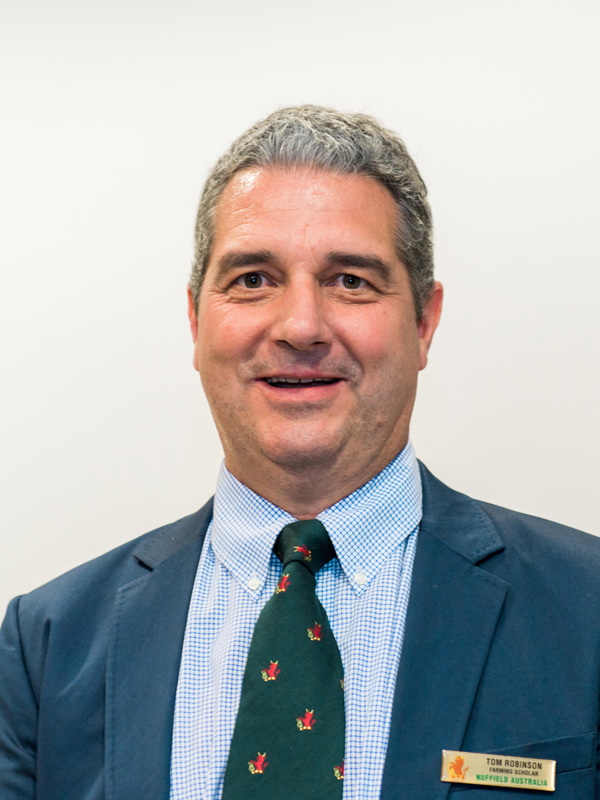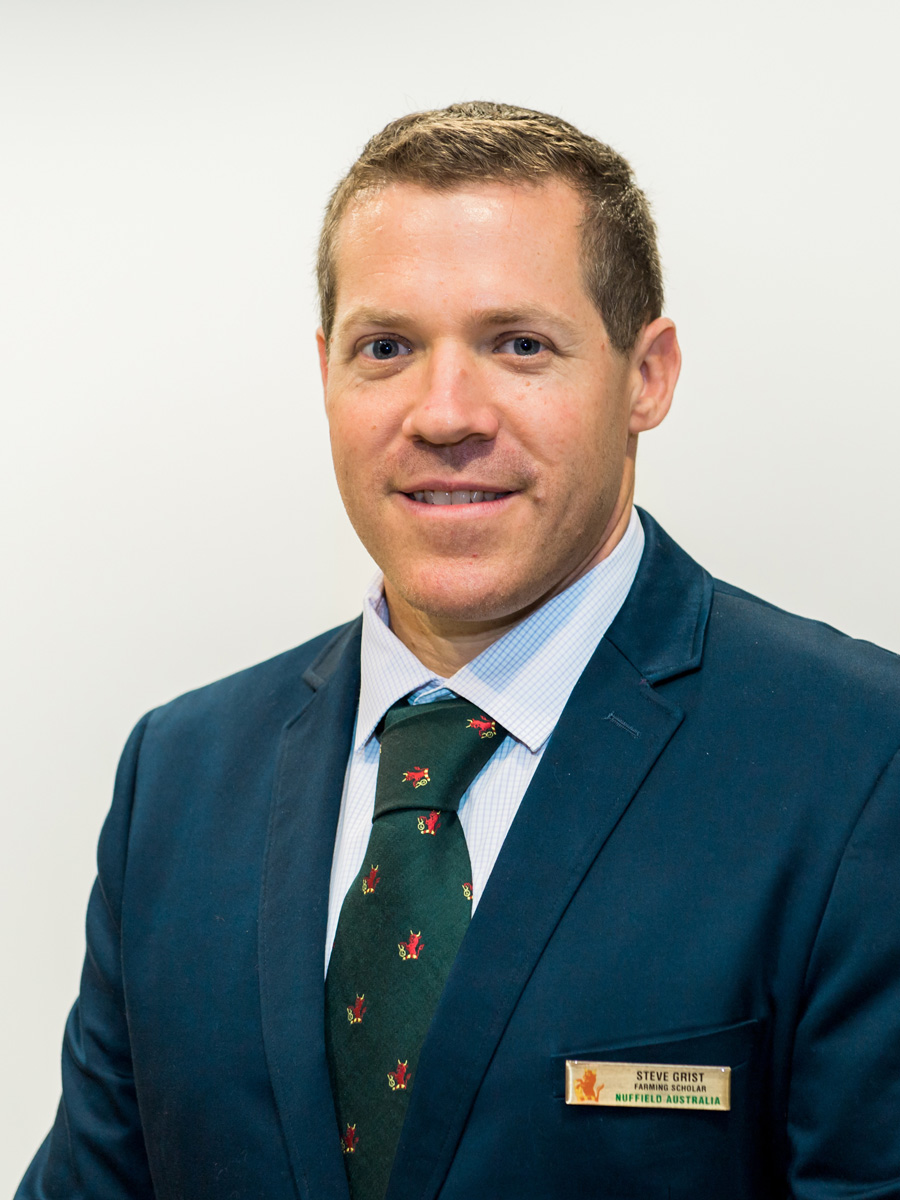
Steve Grist

Nuffield Australia 2018 Scholar
The circular economy: closed loop farming systems
With waste from agricultural and food production estimated to contribute to 13 per cent of total global greenhouse gas emissions, closed loop agricultural systems that separate, repurpose and recycle agricultural waste are becoming increasingly important. Research by 2018 Scholar and Cairns-b
“Through my direct contact with chefs, I receive a lot of feedback on consumer sentiment which is trending towards local food production, waste minimisation and sustainability. The current linear model of ‘take, make and dispose’ is very wasteful and relies on plentiful, cheap materials and energy, and I wanted to discover ways to close that loop and reduce waste.”
Travelling across the United States, the Netherlands, South America and South East Asia, Mr Grist sought out ways to recycle waste nutrient and agricultural by-products, and his report highlights solutions which can be integrated into small scale farming systems with little technical know-how and infrastructure. Mr Grist’s report reveals what he believes to be the best model of agroforestry in the world, in syntropic farming.
“Syntropic farming is a relatively new method originating in Brazil. It involves arranging and producing a complex polyculture of species, and then managing them to produce their own fertiliser and, as a result, their own ecosystem. Essentially biomimicry, multiple species are alley cropped which helps reduce pest and disease pressure, whilst symbiotically supporting each other as part of a whole system. It’s a careful balance of species, which can lead to a self-fertilising system within three years.”
The report also focuses on Cuba’s highly productive organic closed loop farming system known as the Organoponicos.
“Organoponicos are generally raised bed systems used for intensive vegetable production which provides up to 30 per cent of local neighbourhood food supply, and are common features in Havana. They use mixed composted organic waste, worm castings, liquid biofertilisers and local animal waste inputs, and provide cheap, organic and seasonal produce all year round,” Mr Grist said.
The report includes other recommendations around the need for a national waste policy review, with a focussed national recycling program for agricultural and food waste that incorporates education from schools, to farms and industry groups.
“By turning organic waste into a source of added value, farms can essentially move towards a triple bottom line in operations and boost their business resilience. With careful future urban planning, emerging technology and global governmental commitment, agriculture can be remodelled to be regenerative by design and bring on a second green revolution.”
Investor Information:
Hort Innovation





